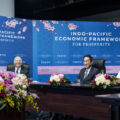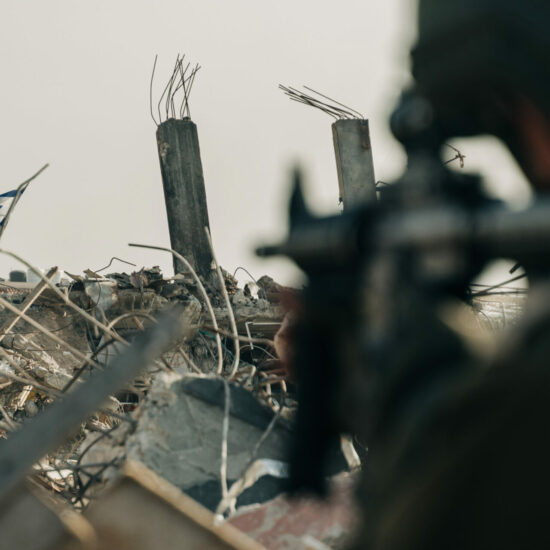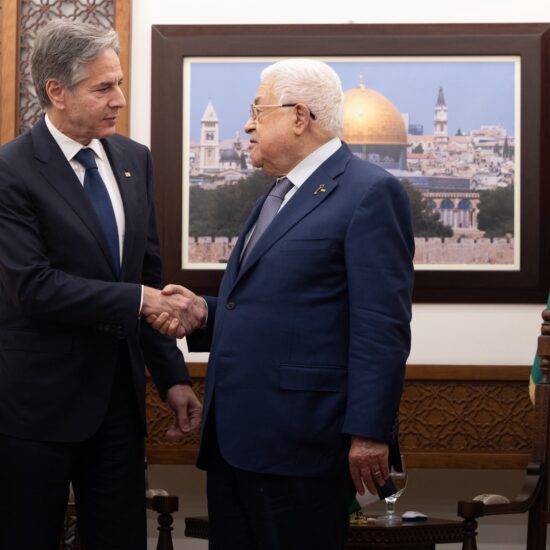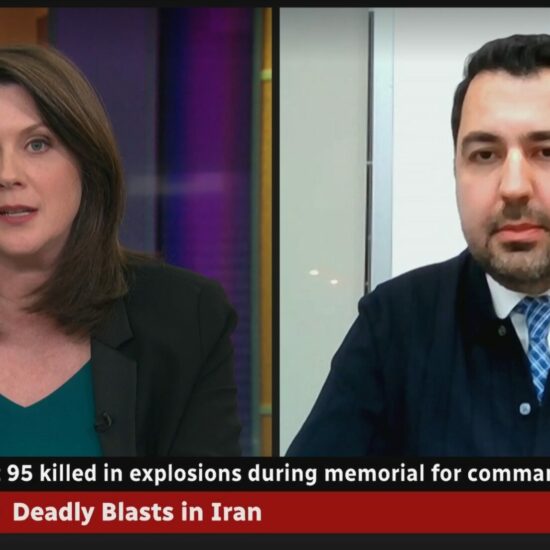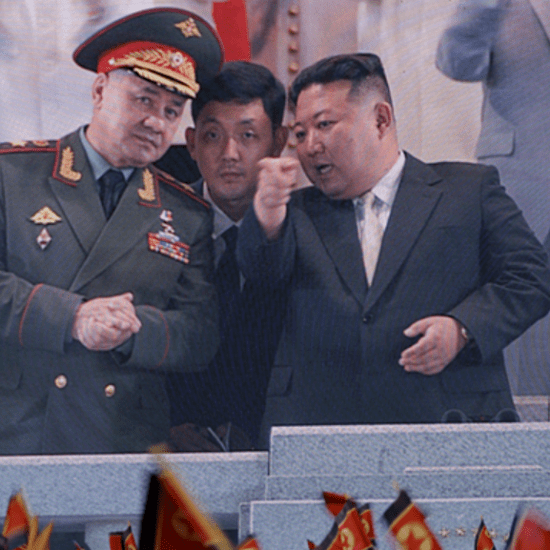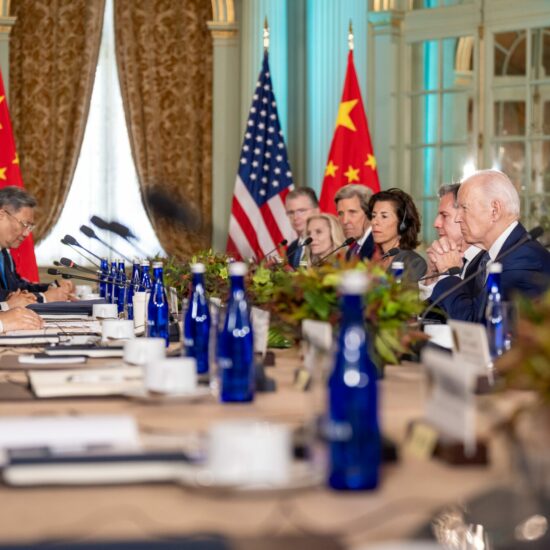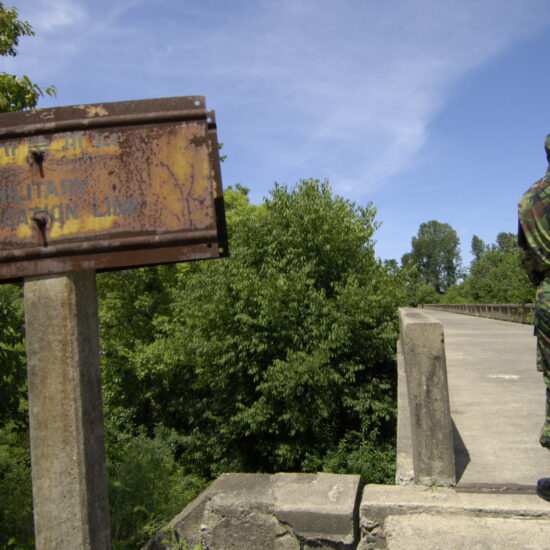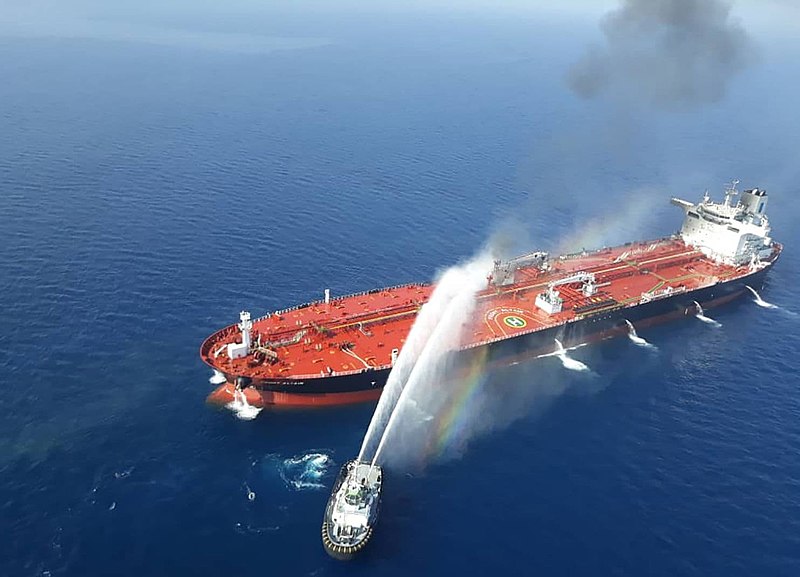
A Fireboat is Extinguishing Fire of Front Altair Tanker. By: Tasnim News Agency
This article was originally published in The Hill Times
With the tensions fast rising in the Persian Gulf region, it is very much possible that Canada is also dragged into this confrontation after Tehran officially threatened Ottawa that it will retaliate for seizure and selling of tens of millions worth of its assets in Canada. Abbas Mousavi, Foreign Ministry spokesman condemned the move, saying that Iran will take action to restore its rights based on international law if Canada fails to revoke the unlawful decisions. The powerful head of judiciary, Ayatollah Ebrahim Raeisi suggested that Iran must also seize Canadian assets and properties in the country. Iranian parliamentarian and former Chair of the National Security and Foreign Affairs Committee, Heshmatollah Falahat Pisheh took a tougher stance and called for detainment of all ships carrying goods and products to or from Canada in the Persian Gulf.
Soon after, Global Affairs Canada released a statement aimed at depoliticizing the event and portraying it as a litigation case in Ontario courts among “private” parties. In the statement, the Canadian government distanced itself from the court ruling by emphasizing on the independence of the judiciary in Canada. While the Trudeau government played no role in passing the 2012 Justice for Victims of Terrorism Act that allowed the seizure and selling of Iranian non-diplomatic assets, this government or the next one might face its consequences regardless.
It is vital for Ottawa to understand Tehran’s perspective of the situation in order to be able to de-escalate tensions and prevent Canada from getting dragged into an unnecessary conflict in the Middle East. Currently, Iran is under unprecedented economic pressure by the US unilateral sanctions, which makes them view every action of US allies including Canada as part of Trump’s broader maximum pressure campaign against the country. Iran’s recent seizure of the British tanker in apparent retaliation for the detention of its oil tanker in Gibraltar is an example of Iran’s stated policy of “active resistance” against countries that join the US maximum pressure campaign against Iran.
Based on recent comments from high ranking officials in Tehran, there is a real chance that Iranians repeat the same scenario and seize ships that carry Canadian products such as crude oil from Saudi Arabia to Canadian east coast refineries. As Saudis have already suspended oil shipments through the Red Sea after attacks by Iranian-backed Houthi rebels, the Persian Gulf remains the main passage for oil shipments from Saudi Arabia to various destinations including Canada.
From a series of tanker incidents in the Gulf and Iranian shoot-down of American drone to the recent drone and missile attacks on Saudi oil facilities and US deployment of military forces to Saudi Arabia and the UAE, tension in the Middle East has reached its highest point in a decade and it is deemed to escalate even further. Since the US withdrawal from the Iran Nuclear Deal last year, the confrontation has ratcheted up between Tehran and Washington, which has become the root cause of tensions in the region.
This week, the United Nations General Assembly was the international stage for the US-Iran standoff with the leaders of both countries waging a war of words at each other. President Trump, in his speech, accused Iranian leaders of “bloodlust” and called on more nations to join the US in pressuring Iran. In response, President Rouhani made it clear that Iran will not tolerate the interference of outsiders, threatening to respond “decisively” to any transgression or violation of Iran’s security and territorial integrity. Rouhani also presented an Iranian multilateral security initiative called “coalition for hope” in opposition to the American-led maritime coalition of International Maritime Security Construct that Saudi Arabia, the UAE, and Bahrain along with the UK and Australia have already joined. Ironically, both coalitions stated objective is to achieve the same objectives which are to secure freedom of navigation, flow of energy and stability in the Persian Gulf region.
In this tense environment, Canada must realize the real risk of getting dragged into Iran-US confrontation if it does not establish its own channel of communication with the Islamic Republic of Iran. Since the Harper government cut diplomatic relations with Iran in 2012, Canada has largely relied on allies such as Oman, Italy, and Switzerland to engage and resolve its issues with the Iranians. However, the situation is quite different today; the very same allies along with France, Germany, and Japan have yet been unable to mediate between Tehran and Washington. Consequently, it is no longer practical nor effective for Canada to depend on intermediaries to protect its interests in the region. Thereby, irrespective of the result of elections in October, the new government needs to pursue diplomacy and take the necessary steps to ease tensions with Iran and establish a diplomatic channel. Otherwise, Canada can be dragged into a regional conflict against its interests not for its actions, but its inactions.

